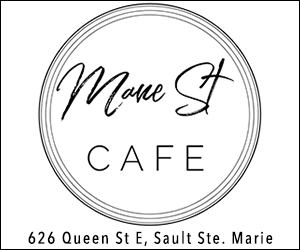Virtual learning strategy

Ontario’s Progressive Conservative government is transforming virtual learning by investing $870,520 in eight innovative projects at Algoma University and Sault College.
The projects are part of the province’s ‘Virtual Learning Strategy’ with the intention of providing students with more flexibility and access to high-quality post secondary education and retraining opportunities.
“Investing in virtual learning will position Ontario’s post secondary institutions to have the capacity and expertise to offer ‘Ontario Made’ virtual learning to students in Ontario and around the world,” said Ross Romano, who is the the Sault’s member of provincial parliament and Minister of Colleges and Universities.
“This infrastructure became necessary due to COVID-19 and the present need for virtual learning. The strategy was aimed at creating a platform that would allow all institutions to be able to have a fair chance to compete in this new and necessary environment of learning from home.
“We wanted to ensure institutions and their faculty would have the tools they need to create great curriculum online and we wanted to ensure students would be able to have access to it, where they needed it most,” Romano noted.
Projects will prioritize partnerships between colleges, universities and Indigenous Institutes and support key priority areas including creating or adapting digital content, equipping faculty and students with skills and resources to teach and learn online, identifying educational technologies that can support online course and program offerings, as well as targeted supports to address virtual programming at Indigenous institutes.
As part of their $870,520 in funding, Algoma University and Sault College are creating and developing courses, micro-credentials and other online resources to help learners develop the in-demand skills they need to succeed in their careers.
Algoma University is using its funding to hire an instructional designer, a multimedia designer, a copyright specialist and three technology rover students to deliver and develop virtual learning supports.
Sault College is developing two micro-credential courses to help prepare and provide learners with high-quality and relevant professional development opportunities to healthcare professionals who treat patients wounds.
“These investments build on our government’s plan to make Ontario’s post-secondary education system not only sustainable but competitive,” added Romano.





























































